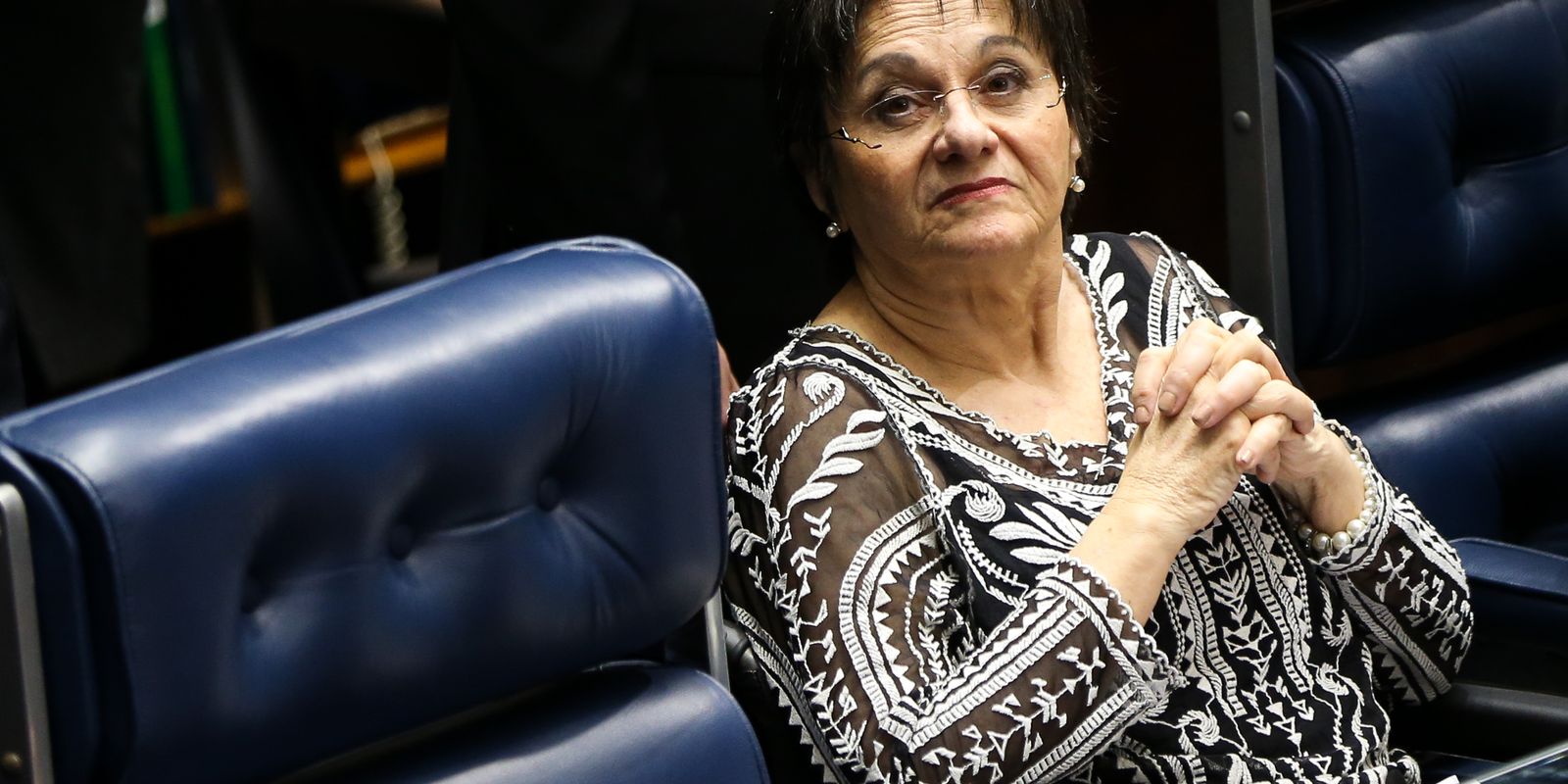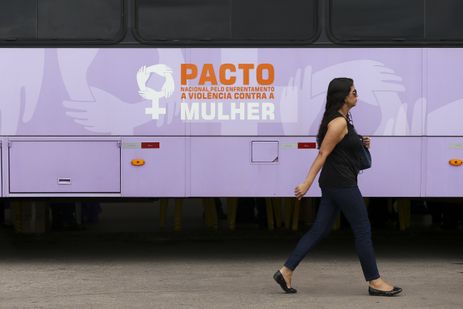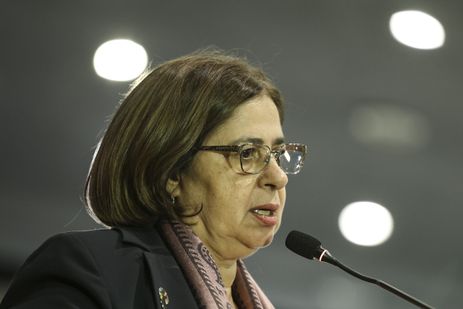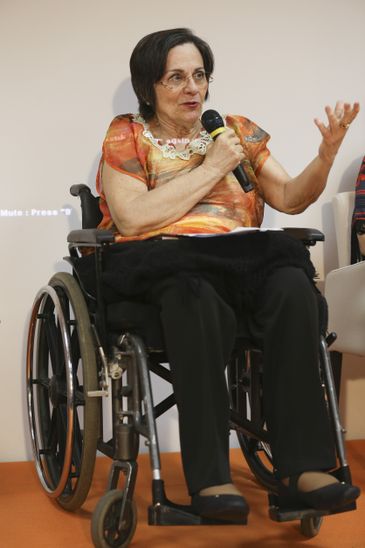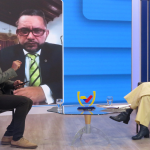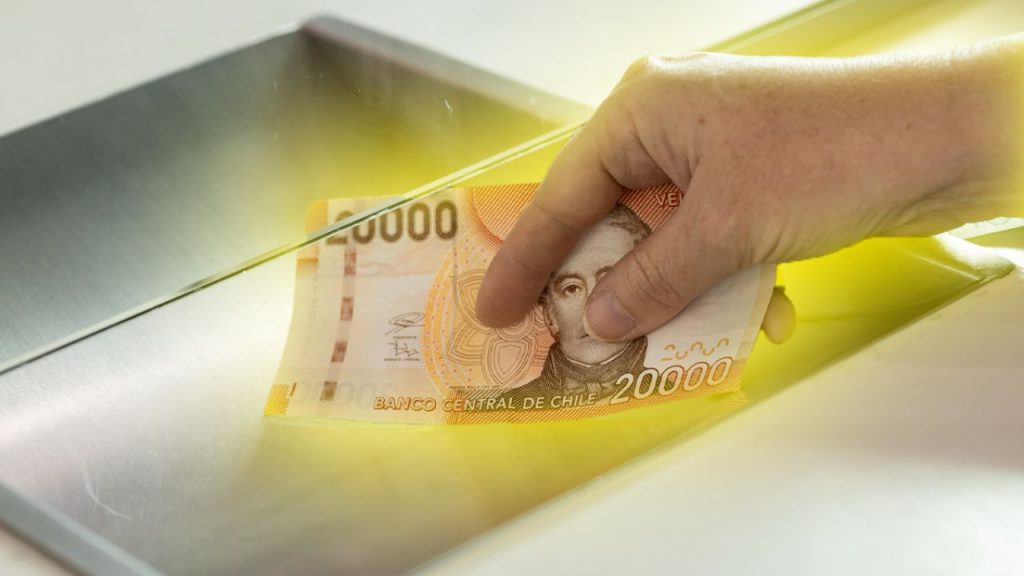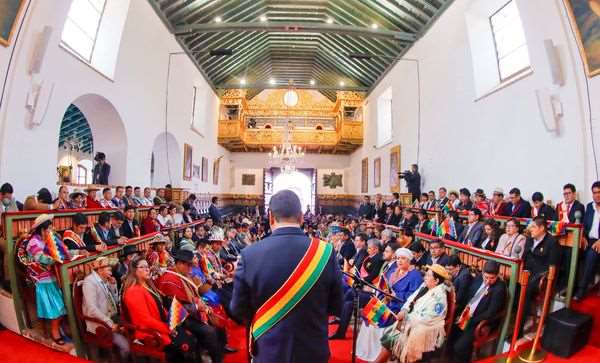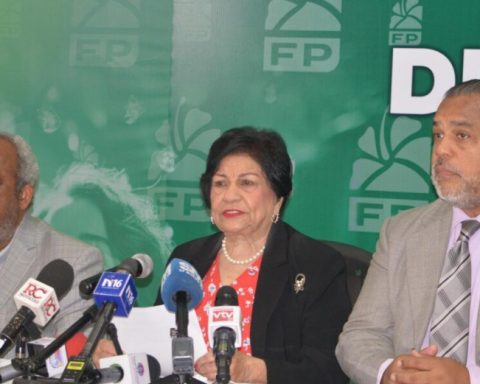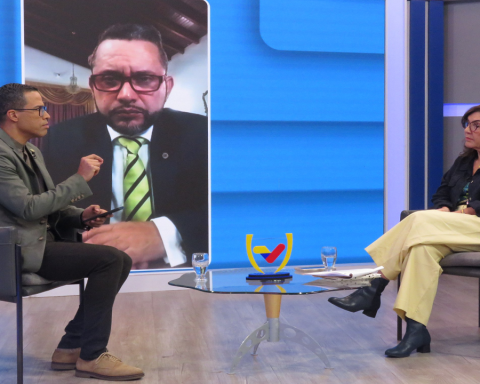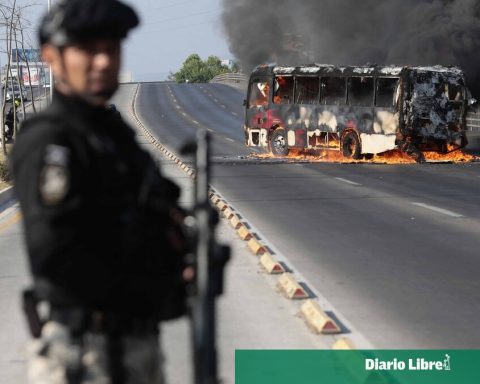The activist for the end of violence against women, Maria da Penha Maia Fernandes, who has been supporting Law No. 11,340/2006 for 18 years, spoke out on social media this Wednesday (7) about the anniversary of the legislation that classified domestic and family violence against women as a crime. In 1983, she suffered two attempted murders by her husband in Fortaleza, Ceará.
Despite the recognition of the advances in the law that affects the age of majority, the woman from Ceará lists challenges for the recognition, effectiveness and consolidation that the law has faced since its creation, which result in the reality of persistently high rates of violence against women.
“I want to highlight those [desafios] which, because they are so recurrent, I consider the most serious: the naturalization of domestic violence in our country, public policies that are still insufficient to guarantee human rights, as we see in the countless cases of revictimization of women, which also compromises the application of the Maria da Plena law.”
At the video released [ ]Maria da Penha recalled the day the law was passed in Brasília, almost two decades ago. “I thought about my struggle and that of so many women who were victims like me; and also about all the consequences of this, such as the damage to mental health, the loss of self-esteem and confidence, of one’s own potential, the loss of financial autonomy and the ability to dream and have hope. I also thought about the orphaned children, invisible victims of domestic violence. I thought about the mothers and fathers who lost their daughters. Before me was that document that represented the emancipation of all women.”
After 18 years, the biopharmaceutical company says it believes in the law’s potential.
“I am always certain that the Maria da Penha Law is one of the most efficient legal instruments we have to guarantee women’s dignity. And this is not because it provides the principle of protection for women in situations of violence, but also because it is a law designed as a public policy for prevention, protection, empowerment and promotion of human rights, enabling access to gender justice, equity and autonomy for all women,” stated Maria da Penha.
She also called for greater commitment from civil society and public authorities to change the reality of violence suffered by countless women in Brazil.
On the X network (formerly Twitter), the Minister of Women, Cida Gonçalves, commented on the coming of age of the Maria da Penha Law, this Wednesday. “The achievements are countless, but we still need to confront the culture of hatred against women. The government of President Luiz Inácio Lula da Silva invests in security and public policies for a dignified life for all Brazilian women.”
The minister called on the population to help and react to change the reality of gender violence and, in particular, to eliminate cases of feminicide in Brazil. This goal is the motto of the campaign that the federal government will launch this Wednesday (7), as part of the actions of the so-called Purple August, a month of awareness and combating violence against women in the country.
History of the law
The Maria da Penha Law is considered by the United Nations Development Fund for Women (Unifem) to be one of the three most advanced in the world, among 90 countries that have legislation on the subject.
The creation of the law is a consequence of the struggle of the Ceará woman herself and the support given by a group of feminist non-governmental organizations (NGOs) that drafted the Maria da Penha Law.
At the time, the proposal was also reformulated by an interministerial working group, coordinated by the Special Secretariat for Women’s Policies (SPM) and discussed in public hearings of state legislative assemblies in the five regions of the country, throughout 2005.
The final text was sent by the federal government to the National Congress. And, after the bill was approved by the federal legislature, the document was sanctioned by President Luiz Inácio Lula da Silva, in his first term (2003 to 2006), and named the law after the activist in recognition of Maria da Penha’s fight against violations of women’s human rights. The law came into effect 45 days after it was published in the Official Diary of the Union.
The Maria da Penha Law was the first case of compliance with the Convention on the Prevention, Punishment, and Eradication of Violence against Women, the Convention of Belem of Paráof the Organization of American States (OAS), ratified by Brazil in 1994, and the Convention on the Elimination of All Forms of Discrimination against Women (Cedaw), of the United Nations (UN).
Law
The Maria da Penha Law establishes that domestic and family violence against women is a crime.
Experts believe that the text was innovative in defining the forms of violence that affect these women, in the domestic sphere: physical, moral, psychological, sexual or patrimonial.
The legislation provides for the adoption of urgent protective measures to break the cycle of violence against that woman and prevent the aggressor from committing it.
By prohibiting light sentences for cases of domestic and family violence against women, the Maria da Penha law amends the Code of Criminal Procedure to allow the judge, among other things, to order preventive detention when there are risks to the woman’s physical or psychological integrity; to determine the mandatory attendance of the aggressor in recovery and re-education programs.
If domestic violence is committed against women with disabilities, the sentence is increased by one third.
The law provides a specific chapter for police authorities to respond to cases of domestic violence against women and allows the aggressor to be arrested in flagrante delicto whenever any form of domestic violence against women occurs. In addition to registering the police report and opening a police investigation (comprising statements from the victim, the aggressor, witnesses, and documentary and expert evidence) and forwarding it to the Public Prosecutor’s Office, the police may request the judge, within 48 hours, to grant various urgent protective measures for the woman in a situation of violence and request the judge to order the preventive detention of the aggressor.
With Maria da Penha, the judge of the Court of Domestic and Family Violence against Women now has jurisdiction to hear the crime and cases involving family issues (alimony, separation, child custody, etc.). And the Public Prosecutor’s Office is responsible for presenting the complaint to the judge and may propose sentences of three months to three years’ imprisonment, with the judge being responsible for the decision and the final sentence.
Maria da penha
In 1983, Maria da Penha was the victim of a double attempted femicide by her then husband, Colombian Marco Antonio Heredia Viveros.
O Maria da Penha Institute website reports that, in the first attempt, Marco Antonio shot the biopharmaceutical worker in the back, simulating a robbery, while she was sleeping. Maria da Penha became paraplegic due to irreversible injuries to her spine and also suffered other physical complications and psychological trauma.
At the time, her husband claimed that the incident had been an attempted robbery. This version was later refuted by the police. The second time, Marco Antônio tried to electrocute her while she was in the shower.
The aggressor took a long time to be tried. In the two trials against her ex-husband, he was sentenced to 10 years and 6 months in prison. However, the sentence was not fully served. The convicted man only served two years in prison.
In 1998, the case gained international attention. The Center for Justice and International Law and the Latin American Caribbean Committee for the Defense of Women’s Rights, together with Maria da Penha Maia Fernandes, with the support of Brazilian NGOs, filed a petition against the Brazilian State with the Inter-American Commission on Human Rights of the Organization of American States (OAS), alleging that this type of violence was being treated negligently. At that time, 15 years after the attacks, there had still not been a final conviction by national courts and the aggressor was still at large.
In 2001, the Inter-American Commission on Human Rights (in report no. 54/01) held the Brazilian State responsible for negligence, omission and tolerance in relation to domestic violence against women. The body recommended that appropriate legislation be created to address this type of (domestic) violence practiced against Brazilian women.
In 2009, the activist founded the Maria da Penha Institute, based in the capital of Ceará. The non-profit NGO, which fights against domestic violence against women, also has a presence in Recife, Pernambuco.
In September 2016, Maria da Penha was nominated for the Nobel Peace Prize.
In June of this year, at the age of 79, she received the protection of the government of Cearáat the request of the Ministry of Women, due to fake news spread across digital community groups, on social networks, with false versions of the 1983 attempted femicide suffered by the biopharmaceutical company.
